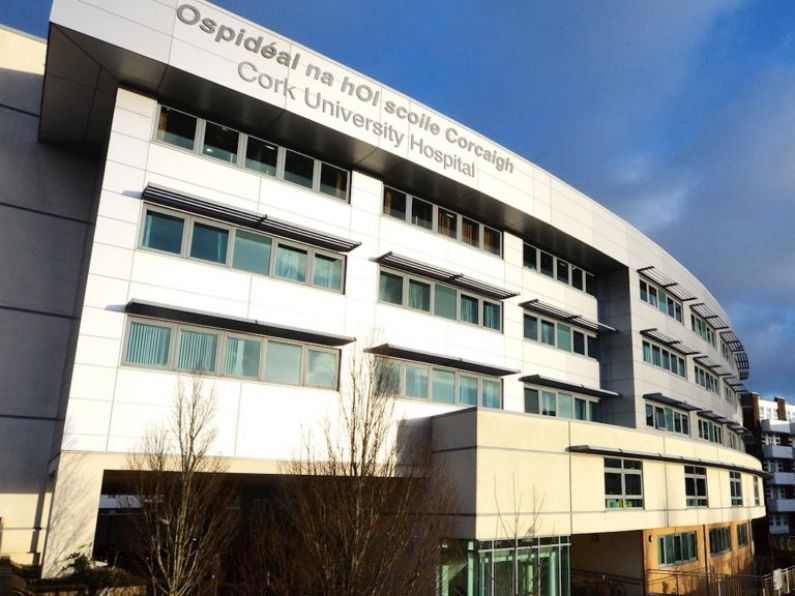Sarah Slater
An 11-year-old boy developed meningitis as a result of contracting the Covid-19 virus, doctors at Cork University Hospital have found.
The boy with a subdural empyema and a background of Covid-19 infection was initially treated for paediatric multi-system inflammatory syndrome (PIMS) temporally associated with Covid-19.
This is a new condition that happens weeks after someone has had the virus.
It causes swelling throughout the body which is one way your immune system fights off infection, injury and disease, the study titled, Streptococcal Intracranial Empyema with Concurrent Covid-19 Infection, in this month’s edition of the Irish Medical Journal shows.
Doctors are still learning how to treat PIMS in the best way possible and currently attempt to ‘turn off’ an immune system to stop the inflammation and then to ‘reset’ it to reduce the risk of long-term damage.
Unfortunately, there are no specific blood tests to diagnose PIMS so doctors look at the symptoms to work out if a patient has it.
He was subsequently diagnosed with streptococcal meningitis with subdural empyema (which spreads to the brain) and has a massive effect.
The young boy presented with intermittent nausea, vomiting, headache, and dizziness, on a background of Covid-19 diagnosed seven days previously. He was discharged from the Hospital’s ED after normal blood tests, chest x-ray, systemic and neurological examinations.
Treated and discharged
He presented four days later and was admitted with pyrexia and for five days suffered from headaches, myalgia, anorexia, tiredness, conjunctivitis, sensitivity to sunlight subjective, vomiting and lack of appetite. The boy subsequently was treated and was discharged 48 hours later.
However, he presented a third time at the hospital, seven days after being discharged with a fever, frontal headaches, lethargy, photophobia, and vomiting. He was treated with IV fluids and other medications.
His condition deteriorated rapidly and a CT-brain scan was carried out which revealed, puss around the brain and a decision to intubate, ventilate and transfer to another hospital was made.
Study co-author Cian Duggan from the Department of Paediatrics and Child Health, Cork University Hospital said the young boy had a “Severe intracranial infection on a background of Covid-19 infection, requiring intubation, ventilation, transfer to a tertiary unit, craniotomy and intracranial drain which was removed after 20 days.”
While the young boy has recovered significantly, he is dealing with mild weakness on the right side of which body and issues with his speech as a result of his health battle.
Mr Duggan warned: “Cerebral abscesses can arise as a complication of another infection. Clinical symptoms can be subtle, and they may present in a gradual way with harmful effects. PIMS-TS is a novel and important diagnosis in the current Covid-19 pandemic."
He added that clinical and laboratory diagnosis can be tricky due to a similarity to other health conditions.






